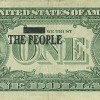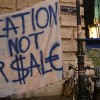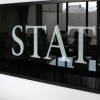
Author Archive | Nicholas Freiling


Tenets of Economic Faith

Economics as Religion: The Paradox of Self-Interest
![Waging War on Work Cream_puff_assembly_line[1]](https://hanseconomics.com/wp-content/uploads/2013/02/Cream_puff_assembly_line1-e1360603297580-100x100.jpg)
Waging War on Work

The Dark Side of Monetary Inflation

In Praise of Speculators

Banknotes and fractional reserve

Banks: The Student-Borrower’s Best Friend!

A gold standard will not limit economic growth

